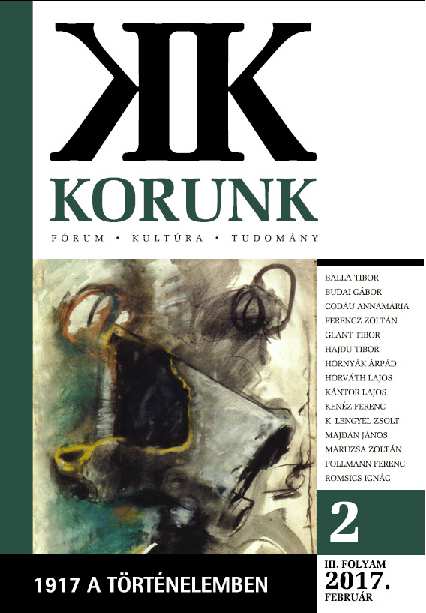Románia az osztrák–magyar vezérkar stratégiai tervezésében
Romania in the War Planning of the Austro-Hungarian General Staff
Author(s): Ferenc PollmannSubject(s): Pre-WW I & WW I (1900 -1919)
Published by: Korunk Baráti Társaság
Keywords: the Austro-Hungarian General Staff; Romania; war planning; Great War
Summary/Abstract: Since her debut as a sovereign European state, Romania caused great anxiety to Austria-Hungary’s military leadership. The hardly defendable Carpathian border of the Dual Monarchy would require permanently deployed troops in Transylvania and/or a chain of frontier forts. Austria-Hungary, however, could not afford either of them. Therefore, it was vital for Vienna to link the SE neighbour to the Triple Alliance established in 1882. The agreement between Romania and Austria-Hungary (1883) solved the security problems of Transylvania for a long time, converting Romania into an ally. In the era of General Beck (1881-1906), the Austro-Hungarian General Staff counted on the Romanian army’s help against Russia, and this attitude remained in effect during the tenure of Beck’s successor, General Conrad. After the Second Balkan War and the Peace of Bucharest (1913), however, the Austro-Hungarian Chief of Staff could not help but recognize Romania’s loss as an ally, and gave order to prepare deployment plans of an imminent war against Romania. These plans could not be finished before the outbreak of the Great War. Their basic principles, however, were the same as implemented in the 1916 campaign.
Journal: Korunk
- Issue Year: 2017
- Issue No: 02
- Page Range: 56-63
- Page Count: 8
- Language: Hungarian

